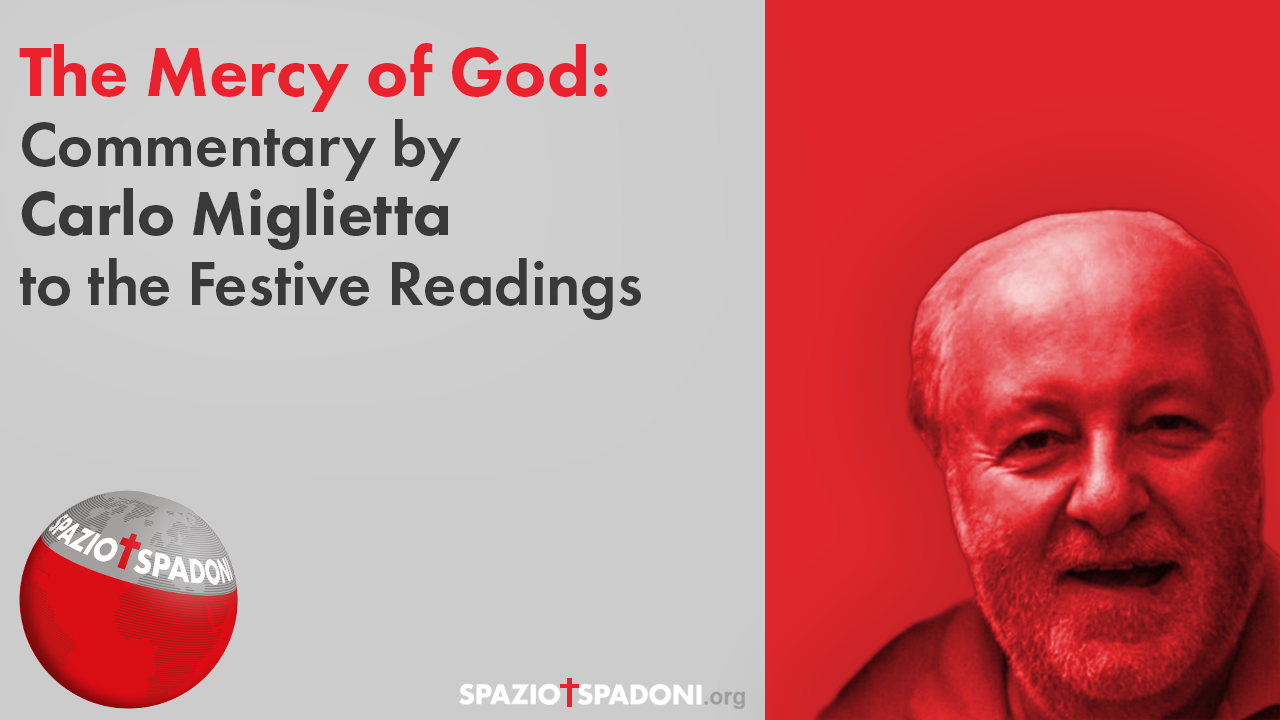
The Parables Of The Kingdom Of God
Readings: Eze 17:22-24; 2 Cor 5:6-10; Mk 4:26-34
Mark’s Gospel gives much space to Jesus’ works, and little to his speeches. Thus the “Booklet of Parables” (4:1-34), a collection of five parables of which today’s Gospel offers us the conclusion, acquires special value.
The parable of the seed that grows “by itself,” “automàte” (4:28), which we read in today’s Gospel, is the only one proper to Mark. It is related to the first one, that of the seed that grows in spite of difficulties (4:1-9), in spite of adverse terrain: there it was a proclamation of certainty in the coming of the Kingdom, of optimism in ultimate success in spite of present failures; here it emphasizes confidence in the intrinsic power of the Word sown, of that word which – the Lord says – “does not return to me without effect, without having worked what I desire, and without having accomplished what I sent it to do” (Is 55:10-12).
The seed grows “automàte,” on its own: what serenity for us! It is an invitation to patience and trust in the coming and growing Kingdom, to abandon ourselves without fear in God (Ex 14:14). Moreover, we are reminded that no matter how much we fret, the Kingdom progresses only by its own power: as it is stated in the Psalm, “In vain do you rise early in the morning, late do you go to rest, and eat bread of sweat: the Lord will give his friends some in their sleep” (Sl 127:2). The believer should always remember that he is a “worthless servant” (Lk 17:10). To us who are so committed to evangelization and for a more just world, often weary from too many tasks, challenged by the unequal battle, Jesus enjoins us to surrender ourselves to the gladness of contemplation: we are saved by the gratuitousness of God’s love, and not by our own efforts… Ignatius of Loyola well summarized struggle and contemplation in the motto: “Act as if everything depended on you, knowing then that in reality everything depends on God.”…
The last parable is that of the mustard seed (4:30-34): the mustard seed was proverbial in Palestine because of its smallness. Jesus wants to insist on the relationship between the humble beginnings of the Kingdom and its growth among people. The small seed becomes the great tree of God’s Lordship, as Ezekiel states in the First Reading (Ez 17:22-24; cf. 31:5; Dan 4:17-18; Jas 9:8-15; Sl 80:9-12), offering shade under which to shelter like the cloud in the wilderness (Isa 4:6), giving the expected messianic protection (Lam 4:20). All that remains is to marvel, to praise by worshiping God who “crashes the cedars of Lebanon” (Sl 29:5), but strengthens the small seed of the Kingdom. Once again we are presented with the divine logic, which is to be small, despised, which is to die in the earth (Jn 12:24): pains, sufferings, patience, humility, weakness, hiddenness are the “discernment criteria” of the Kingdom of God. “We are in exile away from the Lord,” the Second Reading tells us, “we walk in faith and not yet in vision, but we are full of confidence” (2 Cor. 5:6-7)!
The “Booklet of Parables” concludes by emphasizing the absolute transcendence of the Kingdom, which cannot be explained except to those who are “on the inside” (4:11), who live in the “private” of Jesus (4:34): only by being with Jesus, loving him with our whole selves will we enter the “mystery of the Kingdom” (4:11): faith is not intellectual conquest, but personal adherence to Christ, intimate union with him, the only Savior.
Receiving Jesus into our lives is the ultimate meaning of the five parables: only a remnant is receptive to the seed (first parable: 4:1-9), which is Christ the light of the world (second: 4:21-22); if we receive him by measuring him what a huge thing (third: 2:24-25), his Kingdom will grow with its own strength (fourth: 4:26-29), becoming (fifth parable: 4:30-32) the great tree on which all people on earth can find protection, shelter, salvation.
